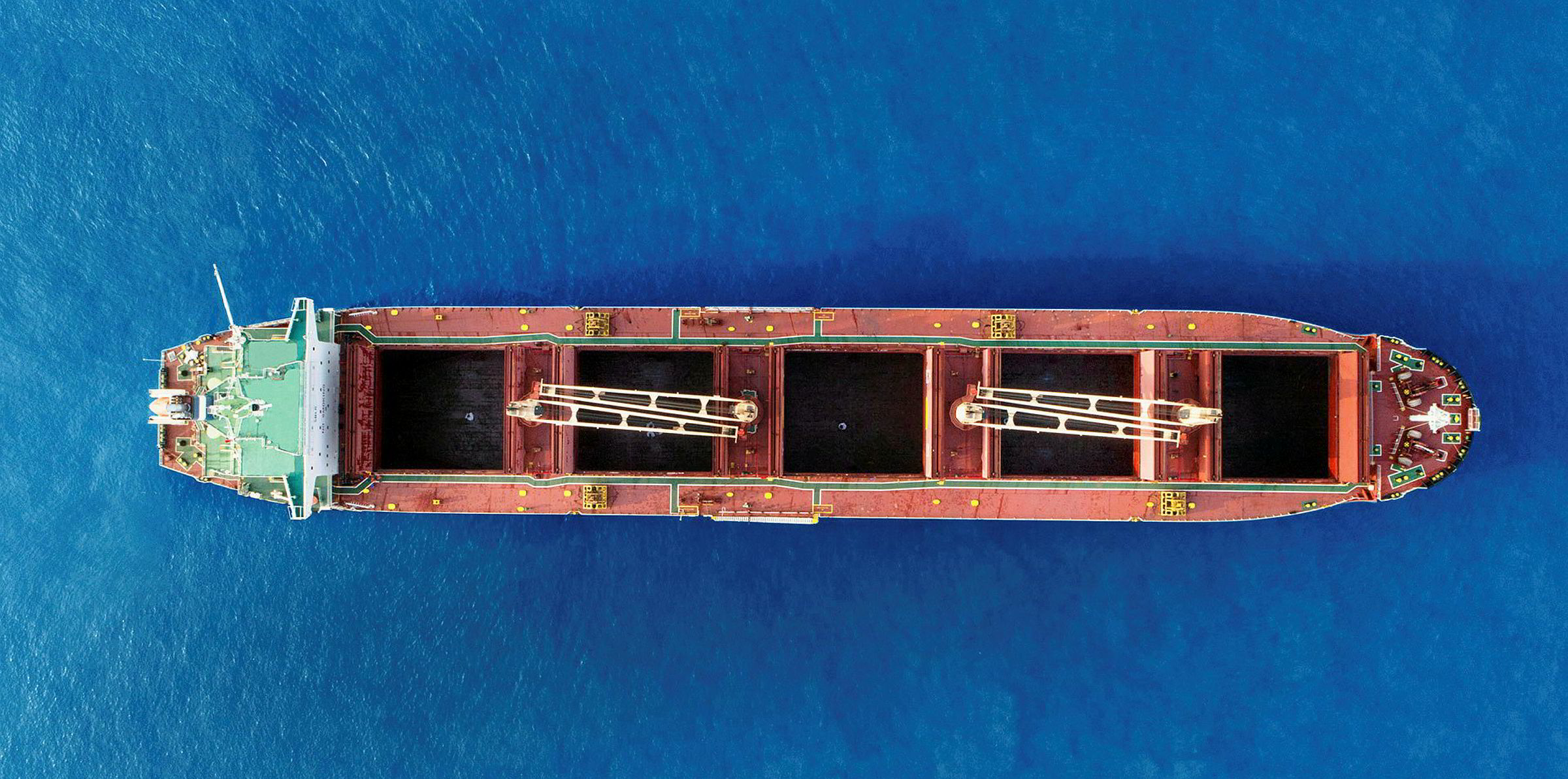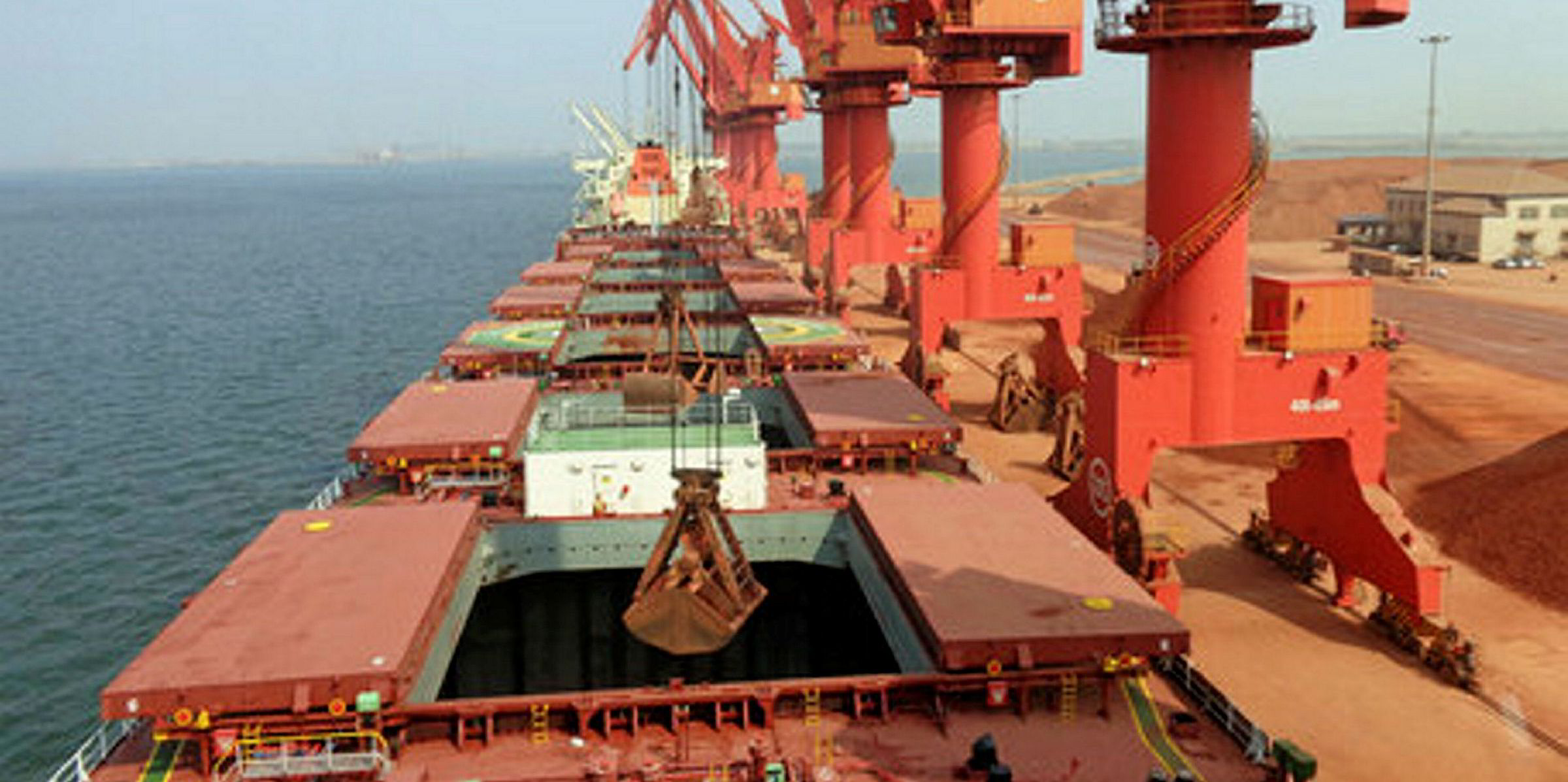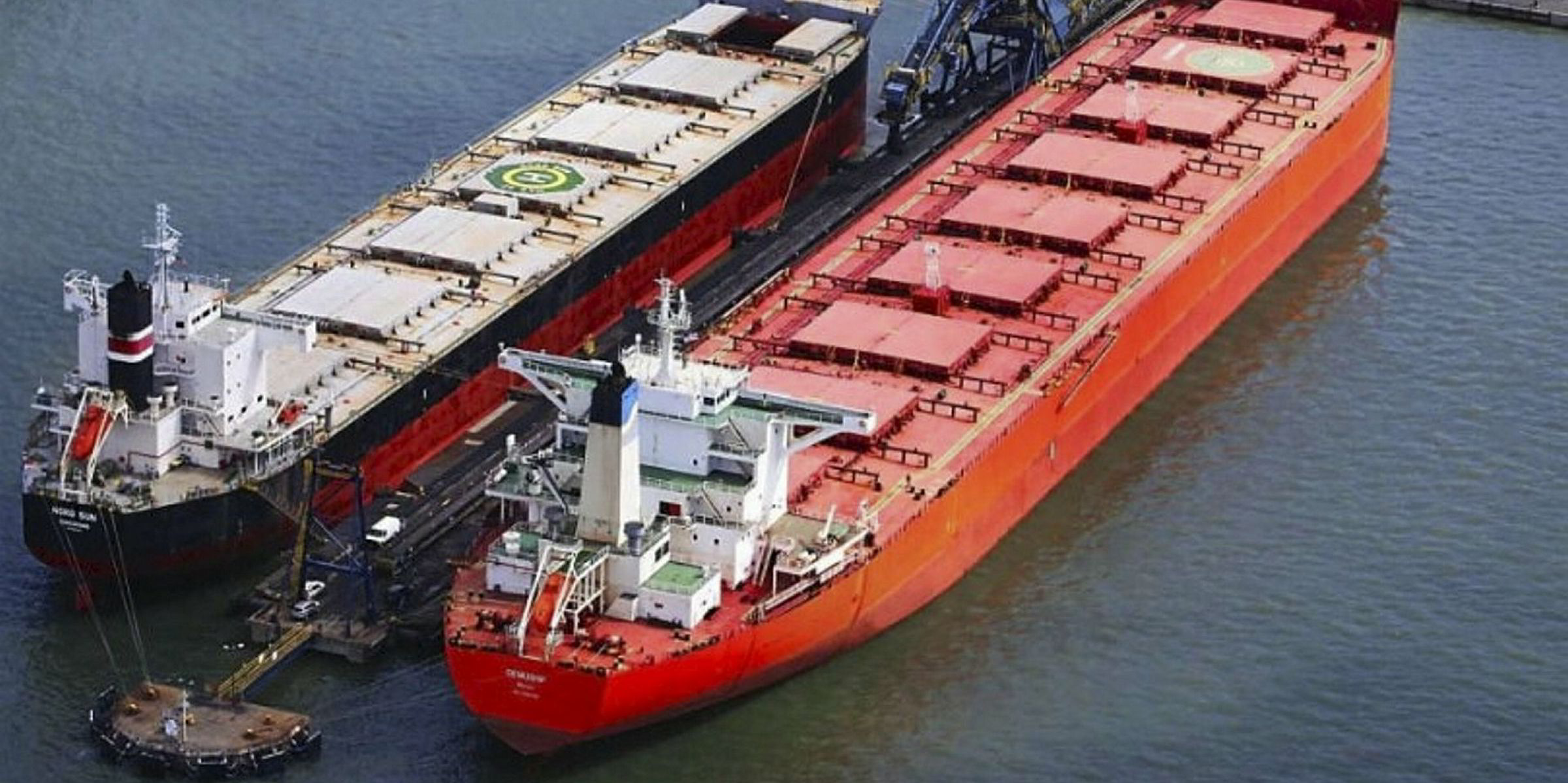Bulk carrier owners will likely be forced to dip into their cash reserves this year because the upturn that had been expected in the second quarter could be delayed, according to new analysis.
"Based on spot averages thus far in 2020 and the outlook given prevailing time charter rates and FFAs [forward freight agreements], we see dry bulk companies facing a cash burn during the year," Clarksons Platou Securities said in a research note on Monday.
"Again those companies with scrubbers, while carrying a higher return hurdle, are likely to see a benefit, but overall the outlook suggests management teams are faced with declining cash positions."
That being said, the equities research team noted that companies in the sector are generally in a better financial state that during the 2014-2015 downturn in dry markets.
Clarksons said "healthier balance sheets, improved cash positions, more eco-design vessels, scrubber investments and time charter cover allowing companies to manage the current storm more easily".
Cash flow
Clarksons calculates free cash flow (FCF) for the capesize market at $16,500 per day, which it said has not been achievable during the first quarter, even with hefty premiums for scubber-fitted vessels.
Capesize spot rates averaged $4,500 per day during the first quarter this year and Clarksons estimates that scrubber-fitted capes will earn premiums of an additional $6,000 per day, based on fuel averages during the period.
"While cape spot rates have improved recently, FFAs are generally low suggesting a [second quarter] average of $8,500 per day, while [second half 2020] contracts are trading at $12,500/day," Clarksons noted.
Expected upturn
The upturn in the freight market for bulk carriers that had been anticipated to begin in the second quarter may be delayed, the analysts said.
Iron ore exports from Australia and Brazil have normalised and Chinese industrial activity appears to be growing, but key risks persist and could derail progress in bulker markets this quarter, Clarksons Platou Securities said.
The bulker market could still be challenged by lack of cargo availability, even though major miners like Vale, BHP and Rio Tinto have indicated a very limited impact on production levels, the equities research firm said.
"However other commodities are at risk, we argue, and particularly coal, as we have seen short-term production curtailments in South Africa, Canada and the US," it said in the note.
"Meanwhile there are major risks in steel and coal demand ex-China due to limited economic activity in other consuming regions."
Port data shows movements and port calls are increasing in China, but declining in other parts of the globe, Clarksons said.








